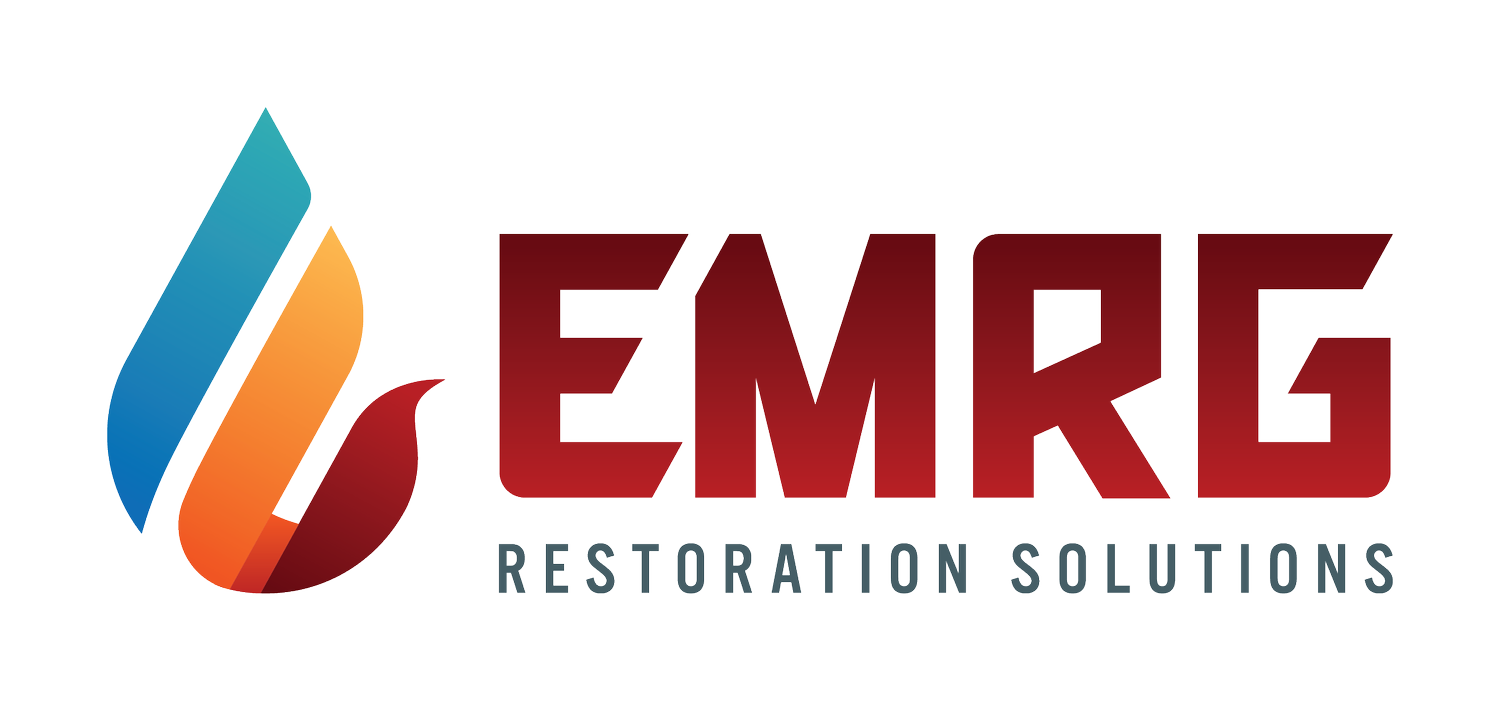What Happens If You Don’t Restore Quickly?
When disaster strikes your home—whether from a burst pipe, heavy rain, or a washing machine gone rogue—the clock immediately starts ticking. While the damage may seem minor at first glance, every hour counts when it comes to water intrusion.
At EMRG Restoration, we’ve seen firsthand how quickly a small leak can turn into a major, costly problem. That’s why we emphasize the importance of the 72-Hour Rule—a critical window for action that can make or break your restoration outcome.
Here’s what every homeowner should know.
What Is the 72-Hour Rule?
The “72-Hour Rule” refers to the critical first three days following water damage. Within this time frame:
Structural materials like drywall and subflooring begin to absorb moisture deeply.
Mold growth can begin as early as 24–48 hours.
Bacteria and pathogens multiply in standing or trapped water.
Insurance coverage may become more limited if mitigation isn’t attempted quickly.
This rule isn’t just a suggestion—it’s a guideline used by restoration professionals, insurers, and hygienists to determine risk and necessary remediation steps.
Hour-by-Hour: What Happens If You Wait?
0–24 Hours
Water begins wicking into drywall, wood, carpet padding, insulation, and furniture.
Musty odors may begin, even if surfaces feel “dry.”
Clean water (like from a supply line) can start to turn into gray water, increasing contamination risk.
24–48 Hours
Mold spores can take hold in humid conditions.
Paint may bubble or peel.
Floors may begin to warp; cabinets swell.
Contaminants from wet insulation, drywall paper backing, or carpet glues become active.
48–72 Hours
Mold colonies become visible.
Clean water becomes black water due to bacteria and organic matter.
Insurance adjusters may categorize the damage as “neglected,” limiting what’s covered.
Full structural remediation may now be required instead of simple drying.
After 72 Hours
Mold remediation is almost always necessary.
Materials like insulation, trim, drywall, and carpet often require removal.
Air quality may be affected, posing health risks to occupants.
The scope and cost of work increase significantly.
Why Immediate Restoration Matters
At EMRG Restoration, we mobilize quickly for a reason. Acting within the 72-hour window allows us to:
Extract water before it penetrates deeper layers.
Use dehumidifiers and air movers to dry materials before they warp or grow mold.
Preserve structural materials (saving you money).
Document clean conditions for your insurance carrier.
Prevent future problems like recurring mold or foul odors.
In short: the sooner we start, the more we can save, salvage, and secure.
Common Myths That Delay Action
We often hear homeowners say:
“It looks dry now. I think it’ll air out.”
“I’ll just mop it up and run a fan.”
“Let’s wait and see if mold shows up.”
Unfortunately, by the time mold is visible or odors develop, the damage is already extensive—and often hidden behind walls or under floors. Restoration is about prevention, not just cleanup.
Bonus: It Helps with Your Insurance Claim
Fast action isn’t just good for your home—it’s good for your claim. Most insurance policies require reasonable mitigation of damage. That means hiring professionals promptly and documenting your efforts.
When you call EMRG, we handle the photos, moisture mapping, and documentation your insurer needs—so you’re not penalized for delay.
What to Do If You Have Water Damage Right Now
Stop the source of the water if possible.
Call EMRG Restoration immediately—our 24/7 emergency team will respond fast.
Avoid disturbing affected areas, especially if mold or contamination is possible.
Document the scene with photos and videos.
Don’t wait for visible damage—trust the timeline, not just your eyes.
Final Word: Time Is the Enemy of Dry
Water damage doesn’t wait—and neither should you. Every hour that passes increases your risk of structural deterioration, health hazards, and costly repairs.
EMRG Restoration is here to help, fast. Our certified professionals will guide you through immediate mitigation and long-term peace of mind. Because when it comes to water, the quicker you act, the safer your home stays.
